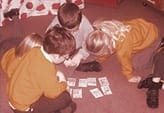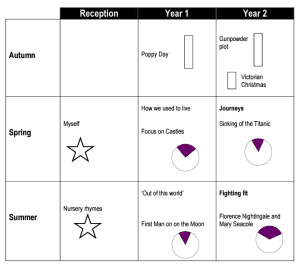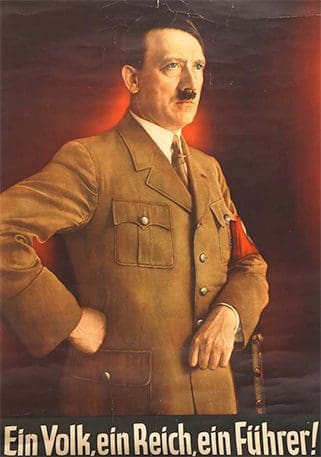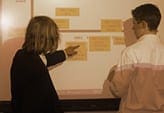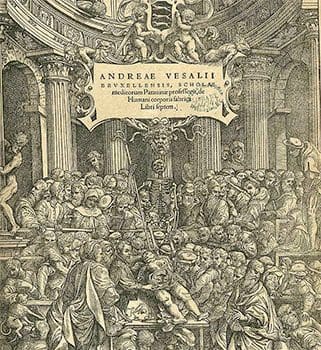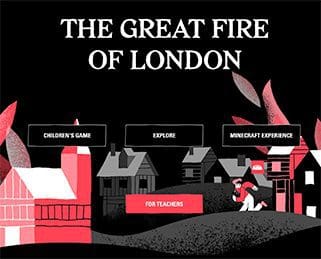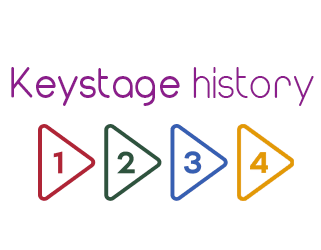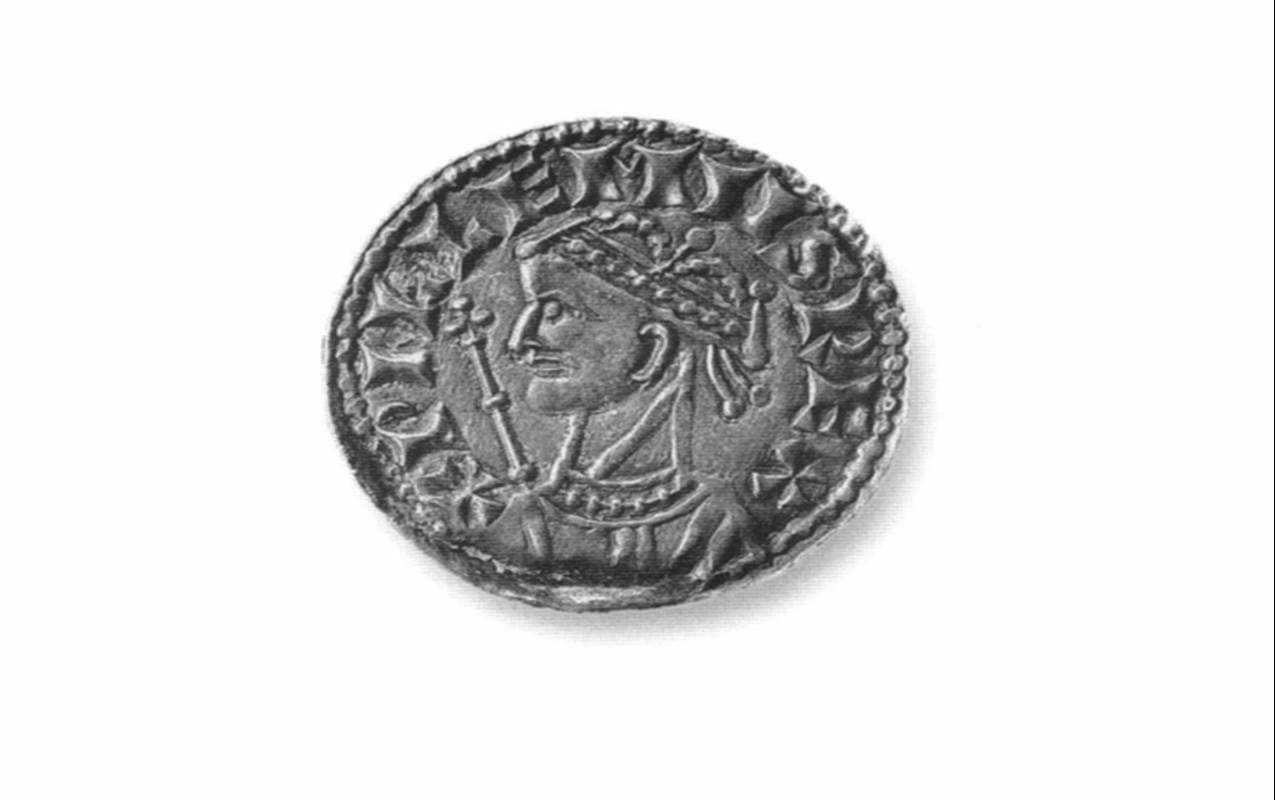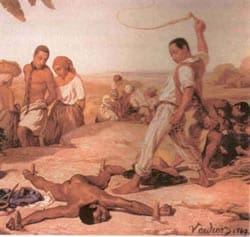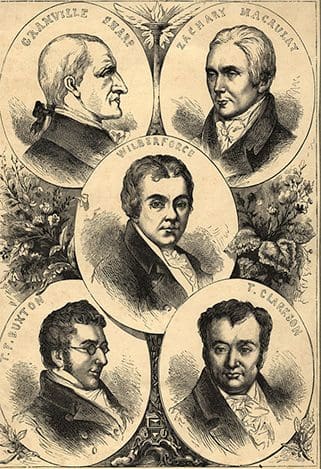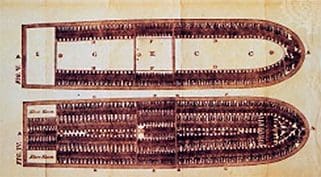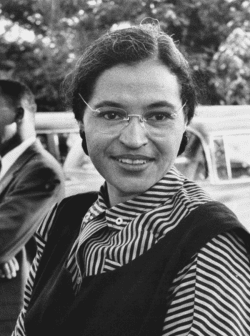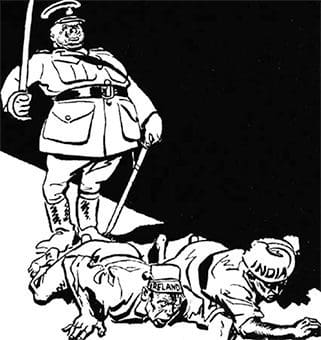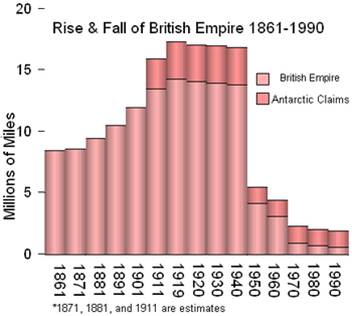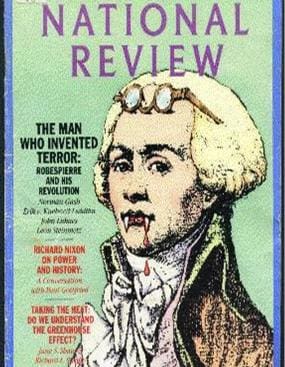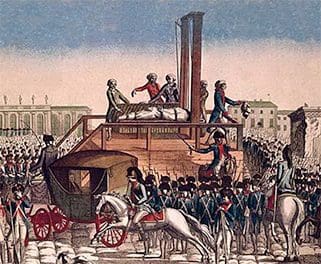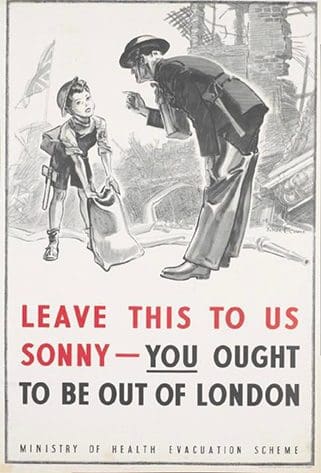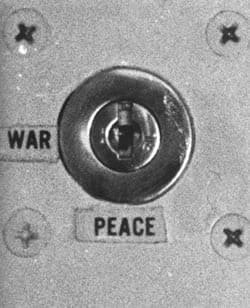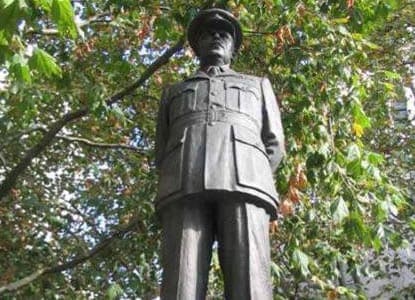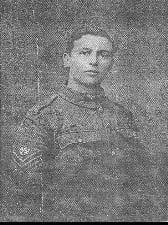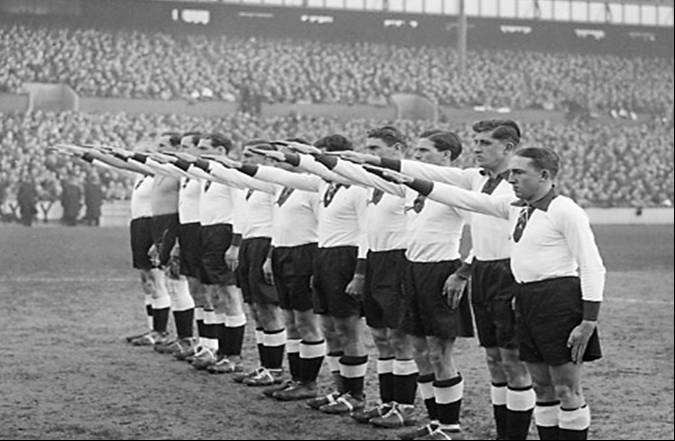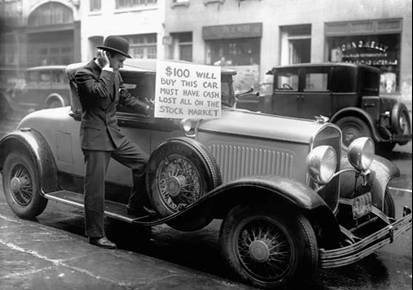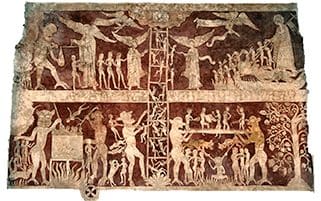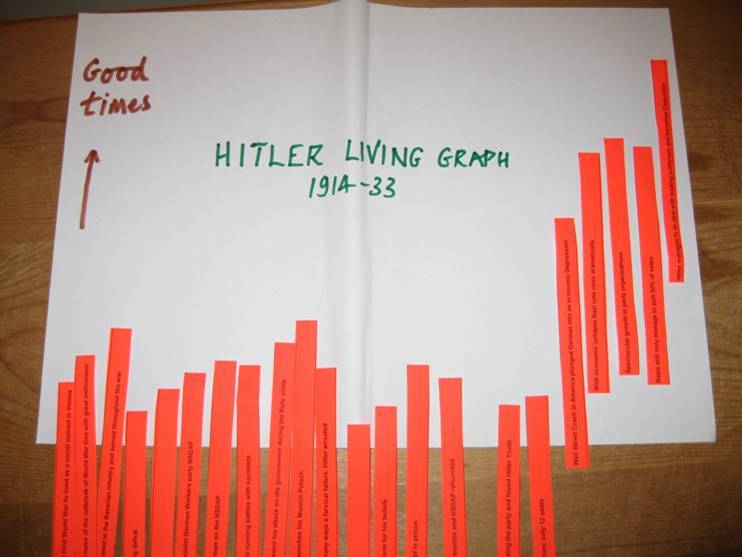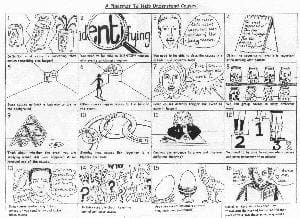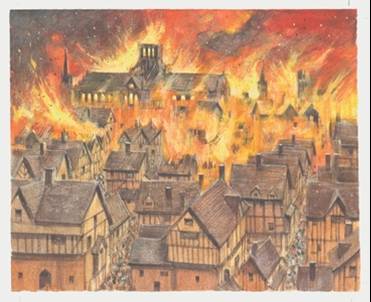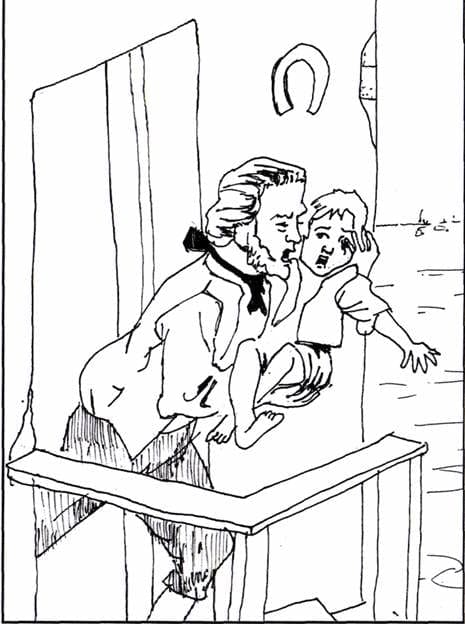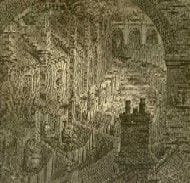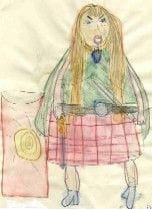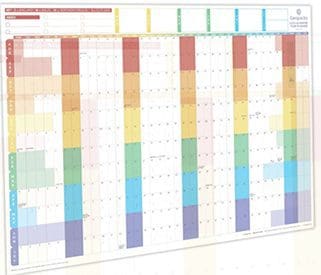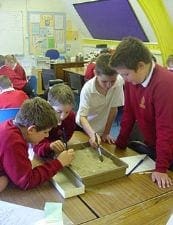Keystage history
Linking history and literacy
There is now a considerable amount of advice available to schools on how to link history with literacy, but OFSTED…
Read MoreOpportunities for Citizenship Education in Key Stage One History
History offers an excellent context for developing many of the worthwhile skills and understanding that form part of the citizenship…
Read MoreCurriculum models for KS1 history
It seems a logical extension of the advice on long-term planning of the curriculum to offer you some models of…
Read MoreCurriculum Rationale
Rationale for KS1 history planning Of all the key stages KS1, came off lightly from Gove’s reforms of the history…
Read MoreSMART TASK: Germany 1933-34 Revision Quickie
Which factors played their part in establishing Nazi dictatorship in 1933-4? Subscribers only: You must be logged in to view this…
Read MoreViews of learners in history at KS4
Over the past six or seven years interest in the pupil or student voice has soared. We are now fortunate…
Read MoreRoles for Learners: Key Stage 4
When so much of Key Stage 4 time is spent making sure that students know enough to answer any GCSE…
Read More’50’ imaginative learning activities for Key Stage 4
We all know that the learning experience for students at Key Stage 4 could be more varied in some schools….
Read MoreThe learning approach in history at Key Stage 4
Learning in Key Stage 4 history lessons is nearly always good but rarely is it outstanding. Because we are so…
Read MoreCreativity in Key Stage 4 history
When the demands of the examination, and the results, loom large over our GCSE teaching, you might be forgiven for…
Read MoreWhat is history at Key Stage 4?
You may be forgiven for thinking that this is a really crass question. If you don’t know by now, and…
Read MoreSMART TASK: GCSE questions on Renaissance Medicine
Using Zones of relevance to answer two possible questions on Renaissance Medicine. Have you ever despaired of GCSE history students…
Read MoreKS1 | Great Fire interactive resource
Just thought I’d bring to the attention of those who haven’t yet seen it the interesting resource put together by…
Read MoreDefenders of the new history curriculum have their say: a dozen dons can’t be wrong?
In this morning’s Times, supported by a front page and leader aticle, a dozen dons have come out of the…
Read MoreSmart Tasks – Minted: Telling the story of changing British rulers by exploring 10 significant coins
If you are looking for an interesting way of offering pupils overviews or of looking at the concept of significance,…
Read MoreDread of the lash: How harsh were punishments on slave plantations?
This enquiry-led lesson really does make pupils think as historians. Not only are they introduced to authentic slave punishment records,…
Reasons for the abolition of the slave trade: poacher turned gamekeeper
This lesson turns on a paradox. If the transatlantic slave trade was prospering in 1787, why was it abolished just…
Read MoreHow should we film the Middle passage? How accurate are Roots and Amistad?
This varied lesson challenges pupils to use evidence constructively to create their own version of conditions on the Middle Passage….
Read MoreWhat can we learn about the slave trade from just one poem?
This lesson uses a very simple source to help pupils to get a feel for some of the issues they…
Read MoreRosa Parks – the true story
This open-ended enquiry explores one of the most abiding stories of American Civil Rights. Students are invited to advise a…
Read MoreSMART TASK – How did a small country on the edge of North West Europe manage to rule a quarter of the world’s land surface and 400 million people?
This lesson asks an important question that the textbooks rarely cover and comes after students have looked at events in…
Read MoreSmart Task: End of Empire: Why did it all end so quickly?
This SMART task ask pupils to classify a number of different smaller reasons why The Empire declined and fell, under…
Read MoreSmart Task: Popping corks? What is the best analogy to explain the causes of the French Revolution
A smart task for Gifted and Talented pupils in Y9. Towards the end of your study of the causes of…
Read MoreWhat should we write on Robespierre’s plaque?
In his home town of Arras, the plaque commemorating his achievements has been vandalised and replaced so often that it…
Read MoreExecution of Louis XVI
Enquiry question: When the French Revolution started in 1789, few wanted the death of the king or the end of…
Read MoreSmart Task: Evacuation: was it worth it?
Many primary schools look in detail at evacuation in World War Two and you may not want to go over…
Read MoreSmart Task: How close to World War Three did the world come in the 65 years after World War Two?
Helping pupils to develop overviews of different timescales is central to the Key Stage 3 curriculum. When so few carry…
Read MoreSmart Task: Was the bombing of Dresden justified?
Should the statue to Bomber Harris be removed? It is now 20 years since the statue to Bomber Harris was…
Read MoreTeaching Dunkirk at KS3 – WW2 – Spinning Dunkirk
Rather than simply asking pupils passively to read examples of propaganda surrounding the evacuation of Dunkirk they are asked to…
Read MoreWhy did 15 year-old boys want to join up in 1914?
At the heart of this lesson lies a history mystery. Many of you will have seen something similar in Peter…
Read MoreGCSE Modern World history: Using history of football to interest boys in Inter-war relations 1919-39
If you have ever found it difficult to motivate boys looking at the Inter-war years from 1919-39, why not try…
Read MoreMarking the anniversary of the Wall Street Crash
To mark the 80th anniversary of the Wall St. Crash in 1929, the Guardian produced a simple guide to the…
Read MoreWhat can we learn about medieval churches from the outside and inside?
This innovative lesson uses the gallery strategy in which pupils compare a range of fascinating colour images to discover what…
Read More‘100’ Great Teaching Ideas for teaching history at Key Stage 3
This is a massive section on the site, and one that you may quarry for years. I have listed here…
Progression in history – looking at specific strands
In this highly-rated post, with really important attachments, we show how it is even more important to get a really…
Read MoreAssessment for learning in history at Key Stage 3
I have tried to be careful here not to reproduce the mass of material that has been provided by the…
Read MoreForward planning in history at Key Stage 3
There are probably four separate strands that you need to weave into your forward planning. To start with there will…
Read MoreUsing data in history at Key Stage 3
NB This section of the site is under development as we wait for best practice post-levels assessment to emerge. There…
Read MoreLiteracy and history at Key Stage 3
In recent years there has been a much stronger emphasis in lesson observations on how well particular groups of pupils…
Read MoreRationale for your Key Stage 3 history curriculum
The clever people at OneBigHistoryDepartment have come up with a list of questions to ask yourself about your KS3 history…
Read MoreUsing De Bono’s Thinking Hats to develop thinking skills at Key Stage 1 via the topic the Great Fire of London. Smart Task
Two infant teachers from southern Hampshire, Julie Syms from Crofton Hammond Infants and Nicola Beazley from Sarisbury Green Infants, have…
Read MoreLouis Braille – evaluating the video
This lesson comes at the end of the sequence of lessons which explore Louis Braille’s life and achievements. Rather than…
Read MorePrimary History: Teaching Victorian Britain Key Stage 2
Astonishingly, at a stroke, Gove removed the Victorians from the KS2 history curriculum where it had reigned supreme for decades….
Read MoreTeaching Roman Britain for Key Stage 2
Teaching the Roman Empire and its impact on Britain at KS2 Drafting the history content proved highly controversial. Many of…
Read MoreForward planning in history at Key Stage 2
This section ties in with the others on prioritising and monitoring and the message is basically the same. You need…
Read MorePrioritising your work as history leader
When there is so little non-contact time to lead history, it is crucial that you spend your time wisely. This…
Read MoreMonitoring in history at Key Stage 2
You will, at some stage, need to monitor standards and the quality of learning in history. The quality of teaching…
Read MoreUsing data to improve history teaching and learning at Key Stage 2
Given that there is no subject-specific data on history at Key Stage 2 this might seem a strange inclusion on…
Read MoreRaising attainment in history at Key Stage 2
The prospect of raising attainment across the whole key stage is quite daunting, especially when you consider how little non-contact…
Read MoreSelf-evaluation in history at Key Stage 2
With the emphasis of school improvement and OFSTED inspection now firmly placed on self-evaluation this has become one of the…
Read More
